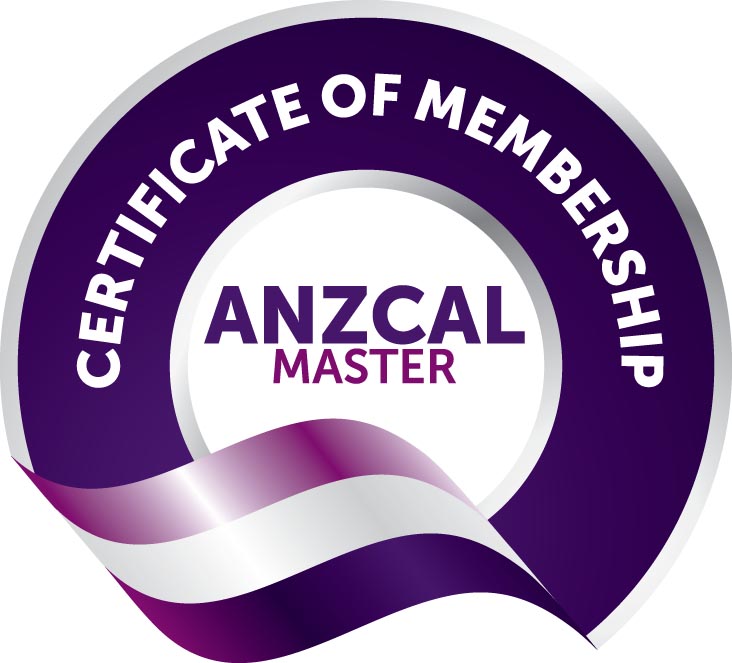Pedagogical leadership includes the ability to inspire and influence others to achieve a shared vision and goals for children’s learning and development and is a key indicator of quality in early childhood education and care (ECE) settings. Pedagogical leaders take responsibility for:
- the shared understanding of the aims, goals and methods of the learning and teaching of young children
- the fostering family engagement
- ensuring alignment between curriculum philosophies and practice
- use of data gathering to evaluate the effectiveness of the learning programme
- meeting standards to optimize learning environments
Pedagogical leadership is not a fixed or static trait that some people have and others do not. It is a skill that can be learned and practiced over time. It is also a skill that can be evaluated and enhanced through continuous reflection, feedback, and improvement. Here are five steps that pedagogical leaders can follow to evaluate and enhance the quality of their pedagogical leadership practice:
Step 1: Define the criteria and indicators of quality pedagogical leadership
The first step is to define the criteria and indicators of quality pedagogical leadership.
What are the characteristics and behaviours of effective pedagogical leaders? What are the outcomes and impacts of quality pedagogical leadership on staff, children, families and the ECE setting? How can quality pedagogical leadership be measured or assessed?
Some examples of criteria and indicators of quality pedagogical leadership are:
- having a clear and shared vision and goals;
- promoting a culture of collaboration and innovation;
- providing support, guidance, feedback, and recognition;
- engaging in continuous learning and professional development;
- communicating effectively with diverse stakeholders;
- using data and evidence to inform decisions;
- implementing evidence-based practices or innovations; etc.
Step 2: Collect and analyse data on your pedagogical leadership practice
The next step is to collect and analyse data on your pedagogical leadership practice.
How do you perform as a pedagogical leader? How do you compare with the criteria and indicators of quality pedagogical leadership? What are your strengths and areas for improvement? How do others perceive your pedagogical leadership practice? How does your pedagogical leadership practice affect staff, children, families and the ECE setting?
Some examples of data sources and methods for collecting and analysing data on your pedagogical leadership practice are:
- self-assessment instruments,
- feedback surveys,
- interviews,
- observations,
- portfolios,
- videos, etc.
Step 3: Identify and prioritize areas for improvement
The third step is to identify and prioritize areas for improvement.
Based on the data analysis, what are the gaps or challenges that you face as a pedagogical leader? What are the opportunities or strengths that you can build on? What are the most urgent or important areas that you need to improve? How will improving these areas benefit you, your staff, your children, your families and your ECE setting?
Some examples of areas for improvement are:
- enhancing your knowledge or skills in a specific domain;
- developing your communication or interpersonal skills;
- expanding your network or resources;
- addressing a specific problem or issue;
- implementing a new practice or innovation; etc.
Step 4: Develop and implement an action plan
The fourth step is to develop and implement an action plan.
How will you improve your pedagogical leadership practice in the identified areas? What are the specific goals, actions and timelines that you will pursue? What are the resources, support, and training that you will need? How will you monitor and evaluate your progress and outcomes?
Some examples of actions that you can take to improve your pedagogical leadership practice are:
- attending workshops, webinars, conferences, or courses;
- reading books, articles, blogs, or newsletters;
- seeking feedback or mentoring from others;
- joining a professional network or community of practice;
- engaging in reflective practice or professional development;
Step 5: Review and revise your action plan
The final step is to review and revise your action plan.
How effective was your action plan in improving your pedagogical leadership practice? What were the achievements and challenges that you encountered? What were the lessons learned and best practices that you discovered? What were the feedback and suggestions that you received? How will you sustain or enhance your improvements? How will you share or disseminate your findings or experiences?
Some examples of ways to review and revise your action plan are:
- using data gathering and evidence to assess your performance;
- seeking feedback or support from others;
- celebrating successes and acknowledging efforts;
- learning from mistakes and failures;
- adjusting goals, actions, or timelines as needed;
- planning for further improvement or innovation; etc.
In summary, the five steps that pedagogical leaders can follow to evaluate and enhance the quality of their pedagogical leadership practice are:
- Define the criteria and indicators of quality pedagogical leadership
- Collect and analyse data on your pedagogical leadership practice
- Identify and prioritize areas for improvement
- Develop and implement an action plan
- Review and revise your action plan
Be assured that pedagogical leadership is a skill that can be learned and practiced over time. It is also a skill that can be evaluated and enhanced through continuous reflection, feedback, and improvement. By following these five steps, pedagogical leaders can effectively evaluate and enhance the quality of their pedagogical leadership practice.
© Gaynor Clarke, August 2023
Gaynor Clarke
B.Ed (Teaching), Cert Tertiary Teaching, PGDip Ed, MEd Leadership
Reach. Teach. Lead.
Reach Education Ltd
Teacher Leadership Mentoring and Life Coaching. Personal and Professional Development.
Gaynor is a teacher educator and mentor facilitating personal & professional leadership wellbeing outcomes for teachers.
If you are an early childhood teacher or leader looking to enhance your leadership skills, I would love to work with you. As a leadership mentor and coach, I specialize in helping early childhood educators develop their leadership potential and make a positive impact for the ākonga they serve. If you are interested in learning more about my leadership mentoring services, please visit my website or contact me directly to schedule a consultation. I would love to work with you!








Leave a Comment
You must be logged in to post a comment.